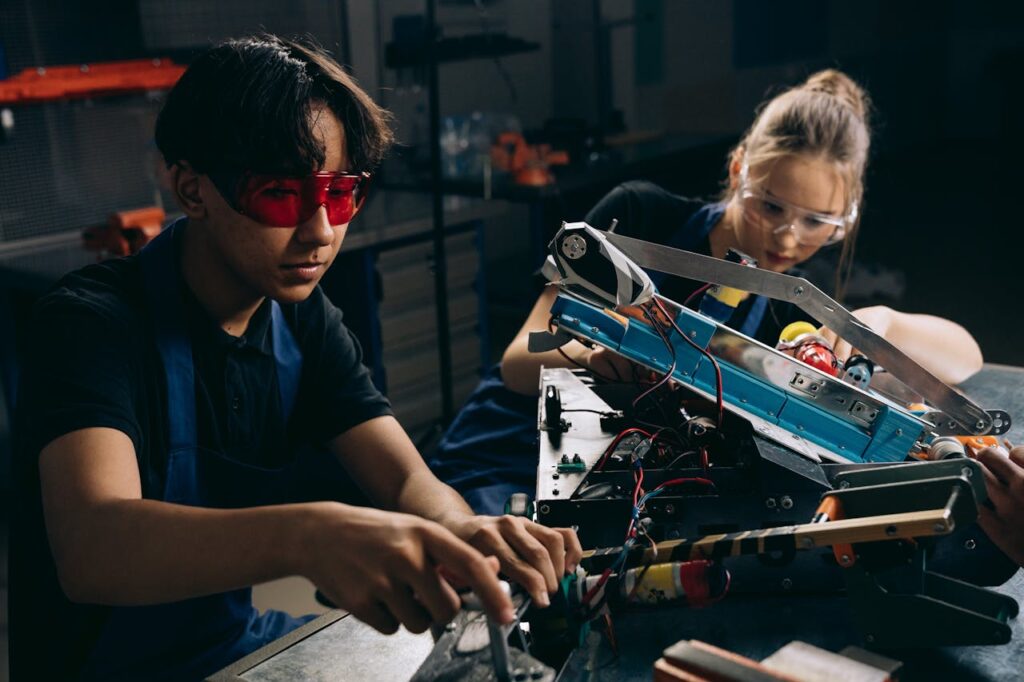How Artificial Intelligence is Transforming the Creative Industry
Artificial intelligence (AI) is rapidly and profoundly transforming the creative industry, introducing new methods for content creation and helping artists, musicians, and creators push the traditional boundaries of art and artistic expression.
Automating the Creative Process
AI has become a powerful tool for automating tasks that previously required human effort. In music production, AI can create melodies or suggest new harmonies and rhythms, enhancing the creativity of composers. In visual art, AI algorithms can generate digital paintings or drawings based on existing styles, allowing artists to experiment with the blending of styles without spending too much time on technical details.
AI-Assisted Content Creation
AI-driven content generation platforms are becoming increasingly popular, enabling creators to produce automated content for media, advertising, and filmmaking. AI can write scripts, create visual effects, and even generate virtual characters for movies and video games. Additionally, AI tools can modify images and videos, change faces, and generate real-time avatars for marketing and personal branding purposes.
Personalizing Consumer Experiences
With the power of data, AI is helping creators offer personalized experiences to consumers. Platforms like Netflix and Spotify use machine learning algorithms to analyze user preferences and offer tailored content, enhancing how consumers interact with music, films, and art. This personalization of content makes the experience more engaging and enjoyable for audiences.
AI’s Impact on Design and Advertising
Graphic design and advertising are fields where AI is significantly changing the creative process. AI design tools can analyze markets and generate ad designs based on user behavior data, saving time and resources. These tools are capable of creating sophisticated visualizations that capture more attention and consumer interest.
Challenges for Traditional Creators
While AI is empowering creative processes, there are concerns about the role of traditional creators in an increasingly automated world. Many artists and musicians feel threatened by technologies that can generate content without human skills, making it harder for them to stand out in the creative market. However, AI advocates argue that technology should be seen as a complementary tool rather than a replacement for human creativity, helping creators develop their visions faster and in new ways.


